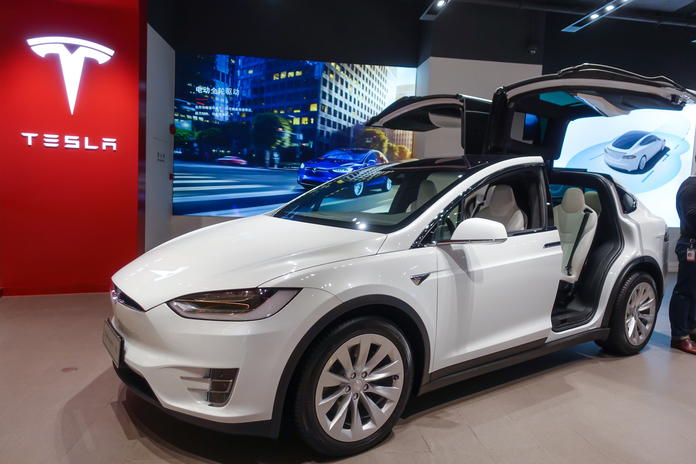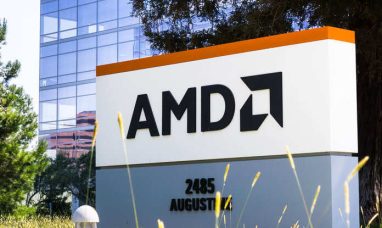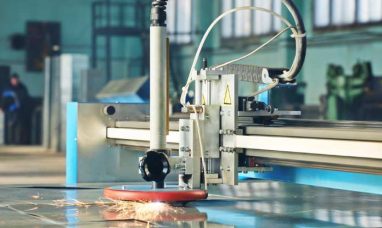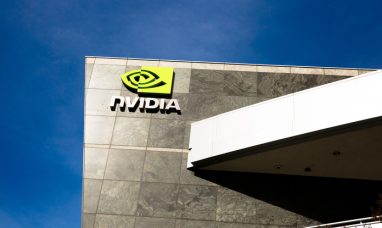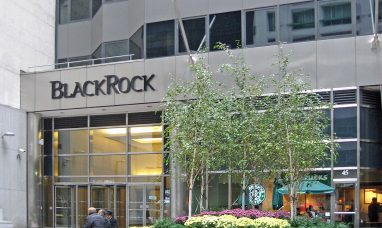Tesla (NASDAQ:TSLA) stock experienced a surge in Monday’s trading session following CEO Elon Musk’s announcement that the company would introduce its highly anticipated robotaxi on August 8.
Musk’s revelation came in response to a Reuters report suggesting the cancellation of Tesla’s sub-$30,000 EV, commonly referred to as the Model 2. While the news propelled Tesla shares higher, Wall Street analysts are offering mixed perspectives on the implications of Tesla’s latest move.
Deutsche Bank’s Emmanuel Rosner views the robotaxi announcement as potentially “thesis-changing” for Tesla (NASDAQ:TSLA). He suggests that if the shift away from the Model 2 is confirmed, Tesla’s focus on developing a self-driving robotaxi could leverage its unique AI and software capabilities, presenting a compelling growth opportunity.
However, Rosner acknowledges that abandoning the Model 2 could detract from Tesla’s appeal for investors seeking volume-driven growth and improved cash flow.
In contrast, Tasha Keeney of ARK Invest sees Tesla’s long-term value closely tied to its advancements in self-driving technology. Keeney emphasizes Tesla’s data advantage in training autonomous driving models, highlighting the significant volume of self-driving data Tesla accumulates daily from its customers.
She believes Tesla’s progress in full self-driving (FSD) technology will be a major driver of the company’s future value, estimating that autonomy-related revenue could contribute two-thirds of Tesla’s enterprise value in five years.
Cathie Wood, founder of ARK Invest, echoes Keeney’s optimism, reiterating the firm’s bullish $2,000 price target for Tesla and projecting $10 trillion in revenue from robotaxi initiatives.
However, Craig Irwin of Roth Capital adopts a more skeptical stance on Tesla’s robotaxi ambitions. He suggests that the recent surge in Tesla’s stock price is driven by technical factors rather than fundamental strength. Irwin believes Tesla’s autonomous driving goals are still far from fruition, citing challenges related to the energy consumption of autonomous systems and the need for enhanced sensor technology.
Irwin warns of potential downside risks for Tesla, including margin compression, declining demand, and increased competition. He cautions that while the allure of the “Cyber Taxi” may capture investor attention, it could divert focus from underlying issues facing the company.
As Tesla (NASDAQ:TSLA) continues to navigate the complexities of its autonomous driving strategy, investors remain divided on the long-term implications of Musk’s latest gambit, with the stock’s performance likely to be closely scrutinized in the coming months.
Featured Image: Megapixl









